Publications
Articles, publications, books, tools and multimedia features from the U.S. Institute of Peace provide the latest news, analysis, research findings, practitioner guides and reports, all related to the conflict zones and issues that are at the center of the Institute’s work to prevent and reduce violent conflict.

How ‘Traumatic Decarbonization’ Can Impact Political Stability and Peace
The process of decarbonization — that is, the replacement of fossil fuels with non-hydrocarbon-based forms of energy — is essential for the world to meet its climate goals. But in many fragile oil-producing states, hydrocarbon revenues are not just central to national economies. They also bind together the political system through elite revenue-sharing pacts. The rapid, unplanned decarbonization of these countries would spark political crisis, a process known as “traumatic decarbonization.”
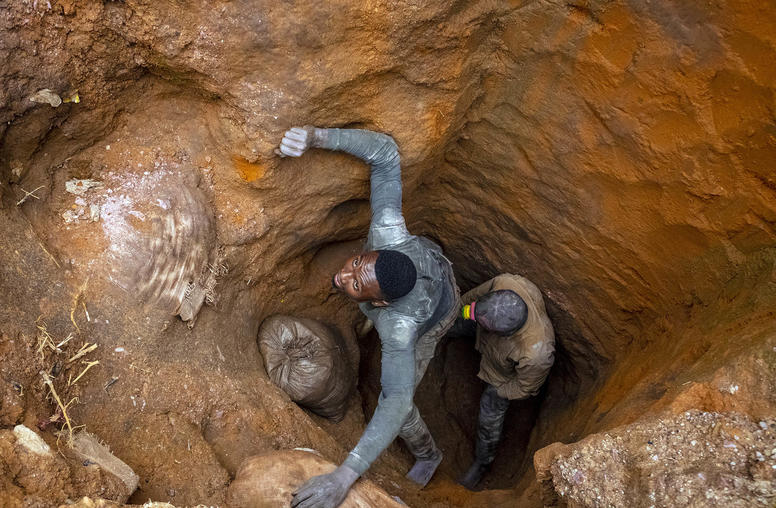
Why Africa’s Critical Minerals Are Key to U.S. National Security
A new USIP report emphasizes the importance of the United States government being engaged in the African critical minerals sector if it is to diminish its dependence on China and fortify its national security and foreign policy interests.
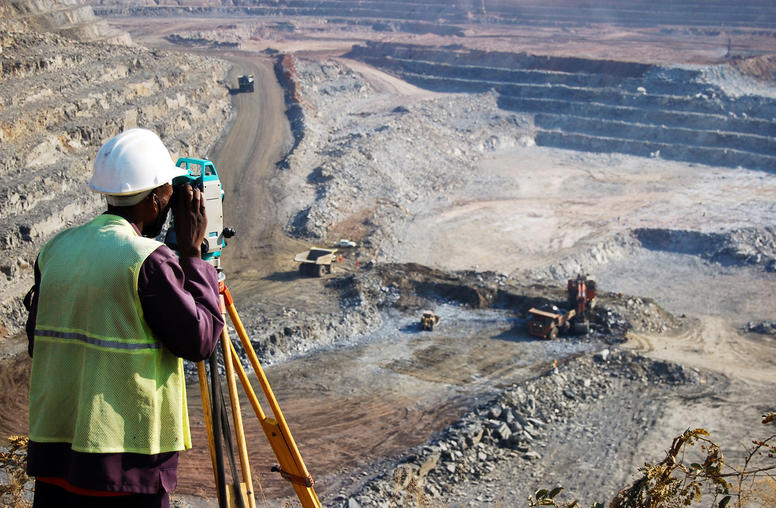
Critical Minerals in Africa: Strengthening Security, Supporting Development, and Reducing Conflict amid Geopolitical Competition
The United States Institute of Peace convened a senior study group to explore the role Africa plays in the United States’ efforts to diversify US critical mineral supply chains and how new investment in partnerships with African countries could help drive economic development and strengthen peace and security on the African continent. Based on meetings and interviews with relevant technical, operational, and policy experts, the study group developed multiple recommendations for the United States to support mutually beneficial public and private partnerships with African nations.
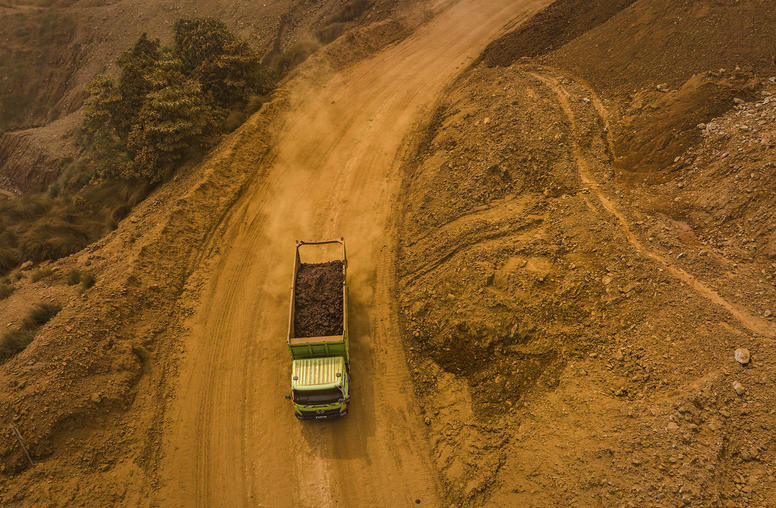
Indonesia’s Nickel Bounty Sows Discord, Enables Chinese Control
As the world moves toward cleaner forms of energy, specific minerals and metals that support this transition have become “critical.” Nickel — a major component used in electric vehicle (EV) batteries — is one such critical mineral. Demand for battery metals is forecast to increase 60-70 percent in the next two decades. This may be a boon for some. But in Indonesia, which produces more than half of the world’s nickel supply, it has led to political, environmental and ethical complications.
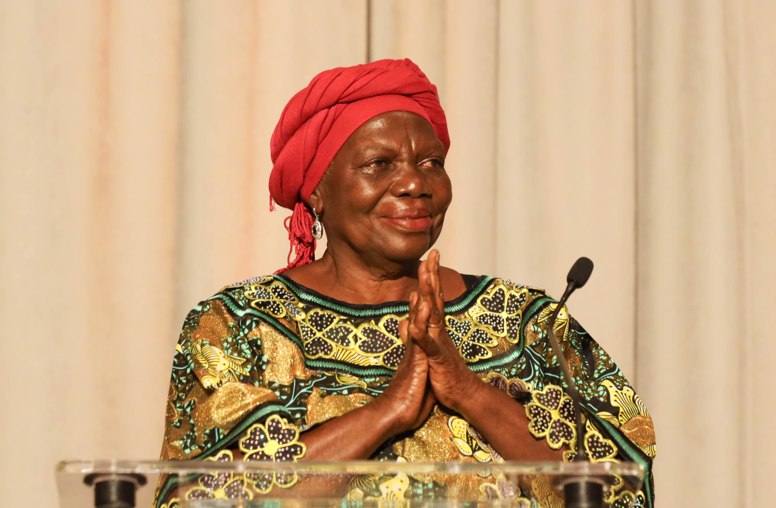
In Congo, Peace Means a Halt to ‘Brutal, Illegal Mining’
Pétronille Vaweka, a Congolese grandmother, has mediated local peace accords in her homeland’s wars. But now, she says, one of Africa’s longest, bloodiest conflicts can be solved only if the United States and other democracies “will wake up” to protect their own economic and security interests.
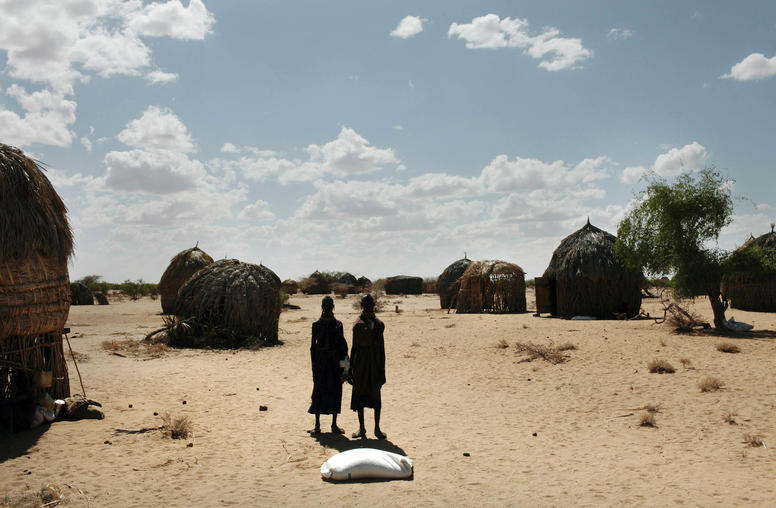
Conservation and African Rangelands: From Conflict to Coexistence?
Sub-Saharan Africa’s population will nearly double to more than 2 billion by 2050, surpassing Asia by 2070. African policymakers recognize this trend and have focused efforts on increasing economic productivity. Native rangelands — the uncultivated grasslands, shrublands, woodlands, wetlands and savannas where wild and domestic animals graze — cover 43% of the continent’s land area. But rangelands have often been perceived as undeveloped areas and centers of degradation, erosion, desertification, droughts, famine and conflict. These vast areas, and the people they support, tend to be pushed to the periphery of political agendas, allowing root causes of degradation of land and livelihoods to fester and ultimately contributing to a vicious cycle of tension and conflict.
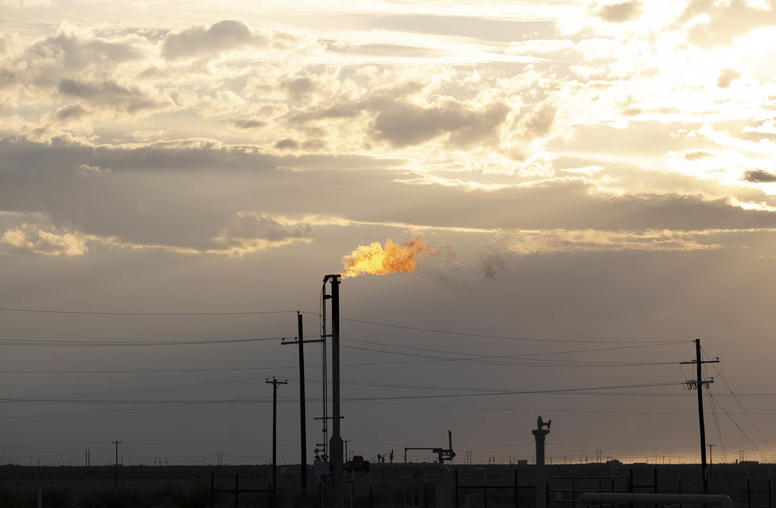
At COP28, Transitioning Away from Fossil Fuels, But No Deal on a Phase Out
Few people expected much progress at the 2023 U.N. Climate Change Conference of Parties (COP28) following contentious discussions around the development of a new Loss and Damage Fund, a grim Global Stocktake report detailing exactly how far away the goals laid out in the Paris Agreement still are and questions about the intentions of the conference chair who came from the oil and gas industry. However, the agreement signed on December 13 makes surprising progress in a few key areas, while still leaving much to be desired.
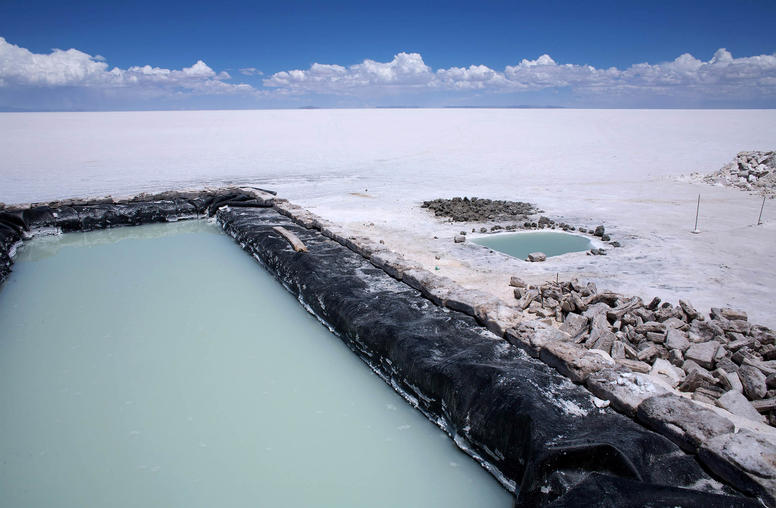
In the Global Rush for Lithium, Bolivia is at a Crossroads
Since 2010, the global demand for lithium has surged due to its unique properties ideal for battery production in electric vehicles and electronic devices. Bolivia, home to the world’s largest lithium deposits, views this resource as a transformative opportunity for industrialization and modernization, but if mismanaged, it could also be a source of internal conflict. The United States has an opportunity to use its hemispheric position and technical advantage to help Bolivia develop its lithium reserves in a productive and economically viable way, edging out other actors such as China whose transactional approach leaves much to be desired.

Gordon Peake on COP28 and Climate Financing
As COP28 continues, it’s estimated that the world needs to invest $5.9 trillion to stave off climate change. “The big question now is … who’s going to pay for all this,” says USIP’s Gordon Peake, adding that “we also need to tamp down the use of fossil fuels” to prevent the bill for growing even more.
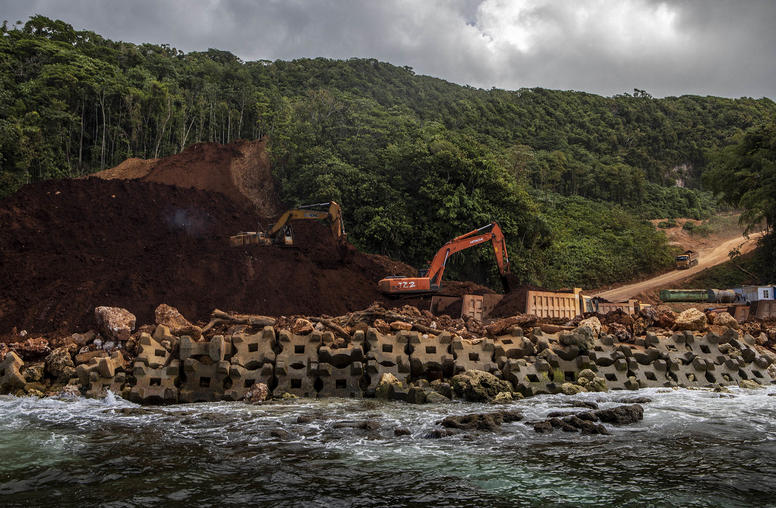
The Unsustainable Exploitation of Solomon Islands’ Natural Resources
The extractive industry in Solomon Islands serves as a crucial catalyst for economic growth and development, tapping into the nation's abundant natural resources like timber, minerals and fisheries for export — mainly to China. But despite its promise for economic prosperity, the extractive industry poses significant challenges, requiring careful management to ensure sustainability and minimize adverse effects on the environment and local communities.